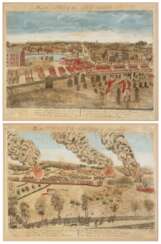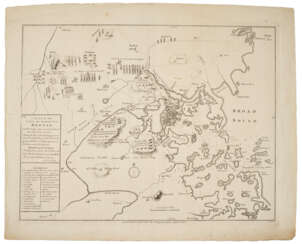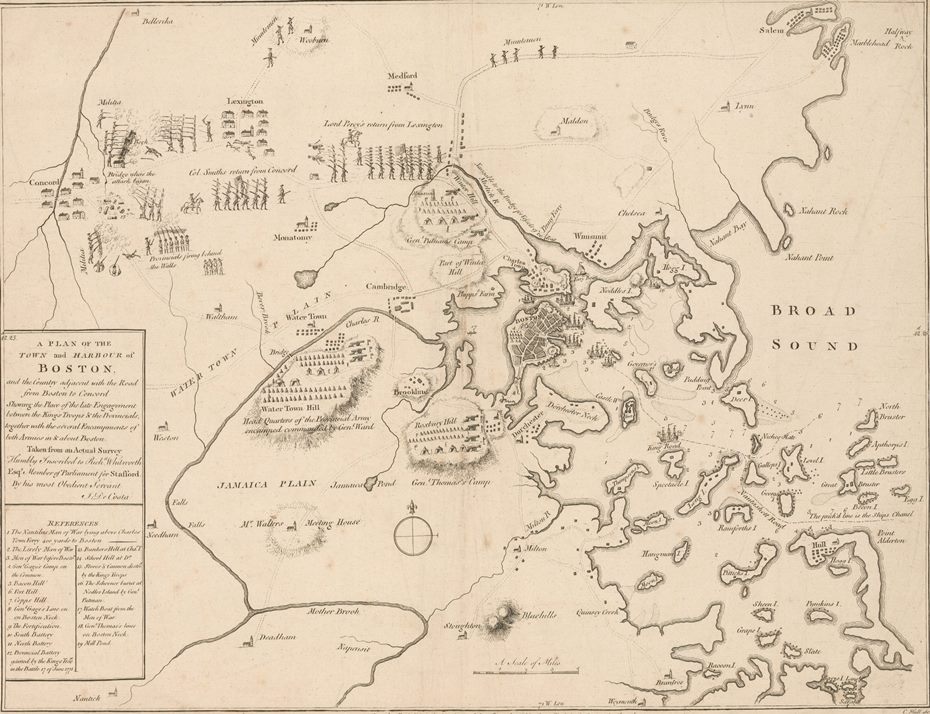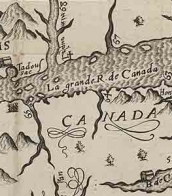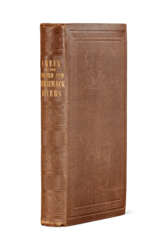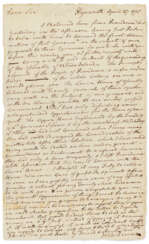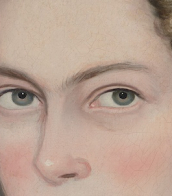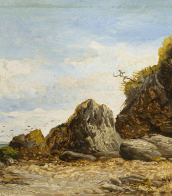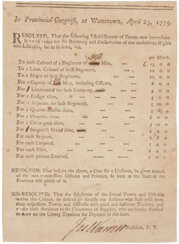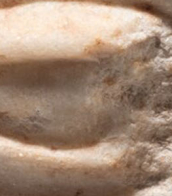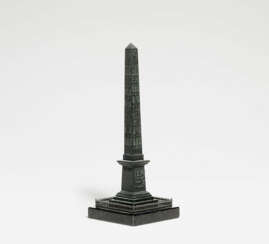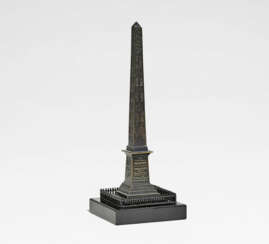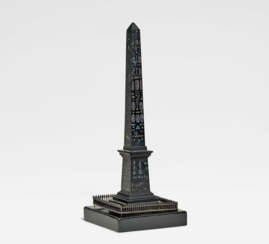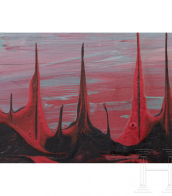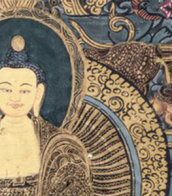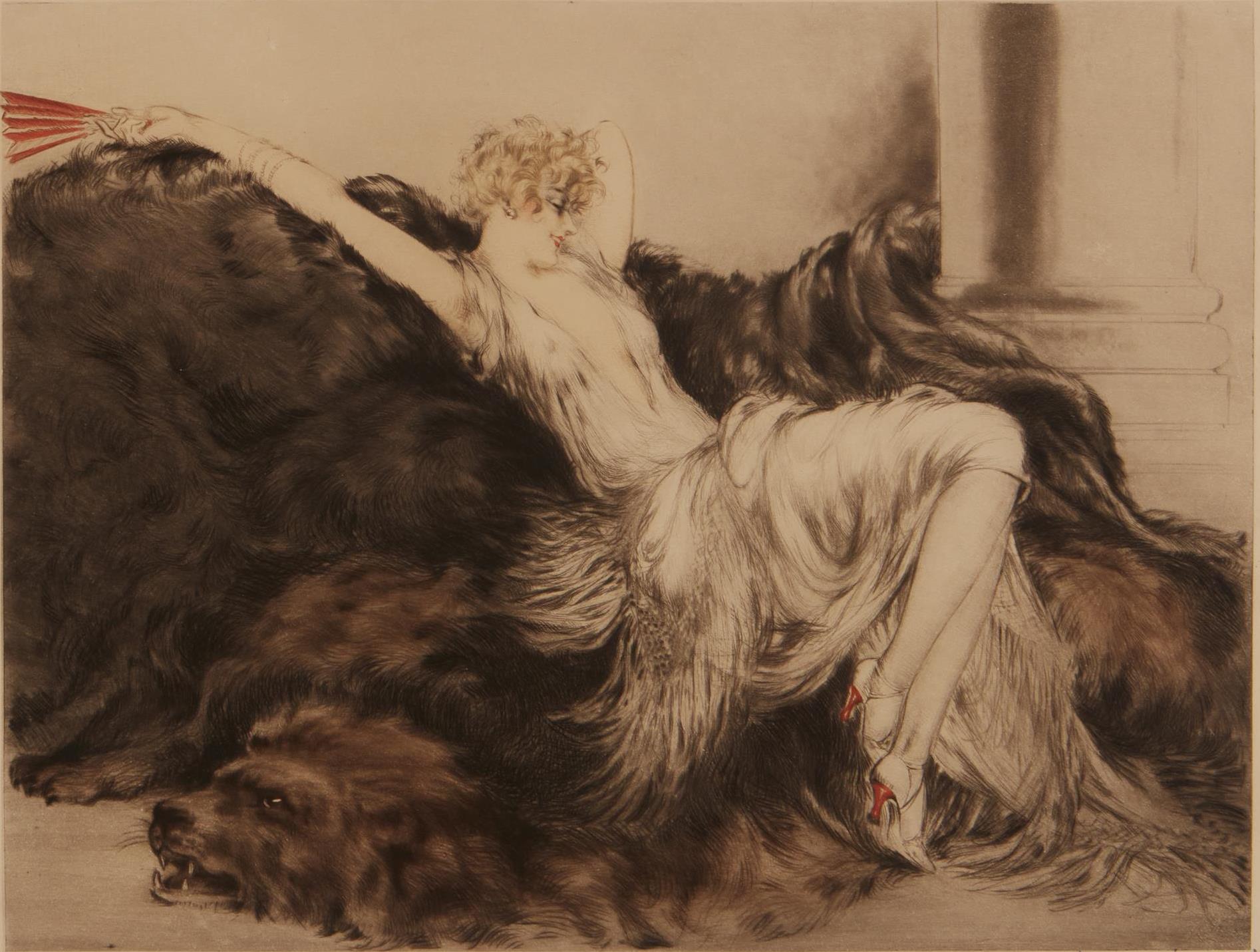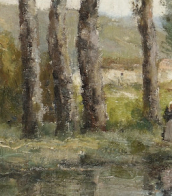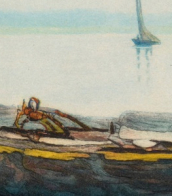concord
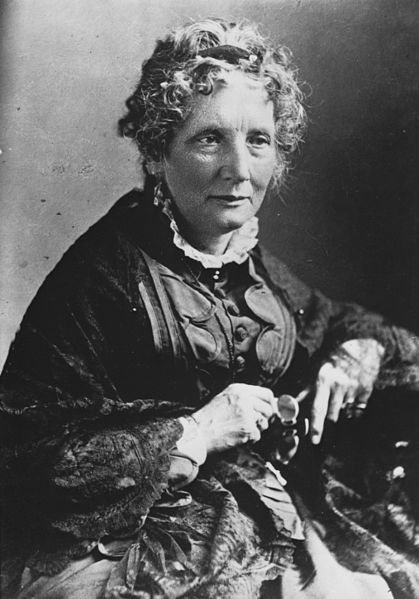
Harriet Beecher Stowe, full name Harriet Elisabeth Beecher Stowe, was an American writer and poet, an activist for the eradication of slavery in the country.
Beecher Stowe is the author of the world-famous novel Uncle Tom's Cabin. Published first in a newspaper and first published as a book in 1852, it aroused widespread anger in the country and galvanized the fight against slavery in the southern United States. This novel was later reprinted many times in all languages of the world and has been screened more than once.
In her youth, Beecher Stowe received an academic education, wrote poetry, notes and essays on social topics. In addition to "The Shack", she wrote several other novels and was engaged in teaching.
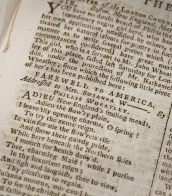
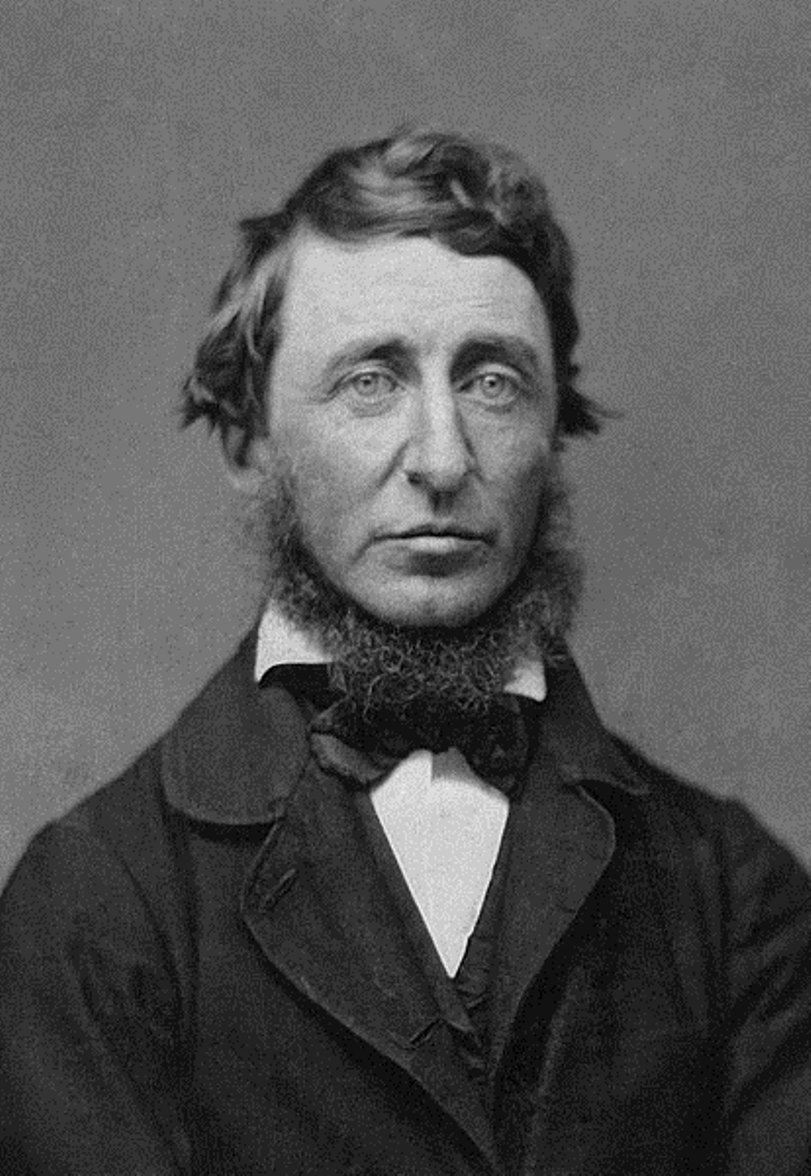
Henry David Thoreau is an American writer and poet, philosopher and publicist. He was a prominent representative of American transcendentalism, a friend and associate of Ralph Waldo Emerson.
Henry studied at Harvard University, where he met Ralph Waldo Emerson, the future founder of American Transcendentalism. Thoreau saw Emerson as a guide, a father and a friend. Under his guidance, Henry began to publish his poems and essays with increasing confidence.
In the early spring of 1845, the 27-year-old Thoreau began a new life: he chipped a cabin for himself on the shore of Walden Pond, ate very moderately and meditated. He also read and wrote "A Week on the Concord and Merrimack Rivers," then published in 1849. What eventually emerged was a series of 18 essays called "Walden," describing Thoreau's experimentation with the basics of life. Thoreau's clear and elegant style of presentation brought this work to the level of a literary classic.
Thoreau lived according to the doctrines of transcendentalism recorded in his masterpiece Walden (1854) for two years, and then left the cabin. But life around him had already changed, and little by little his moods began to change as well. Thoreau began to move away from transcendentalism, became more involved in public life, and became a committed abolitionist.
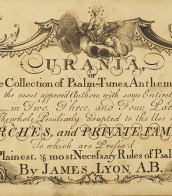
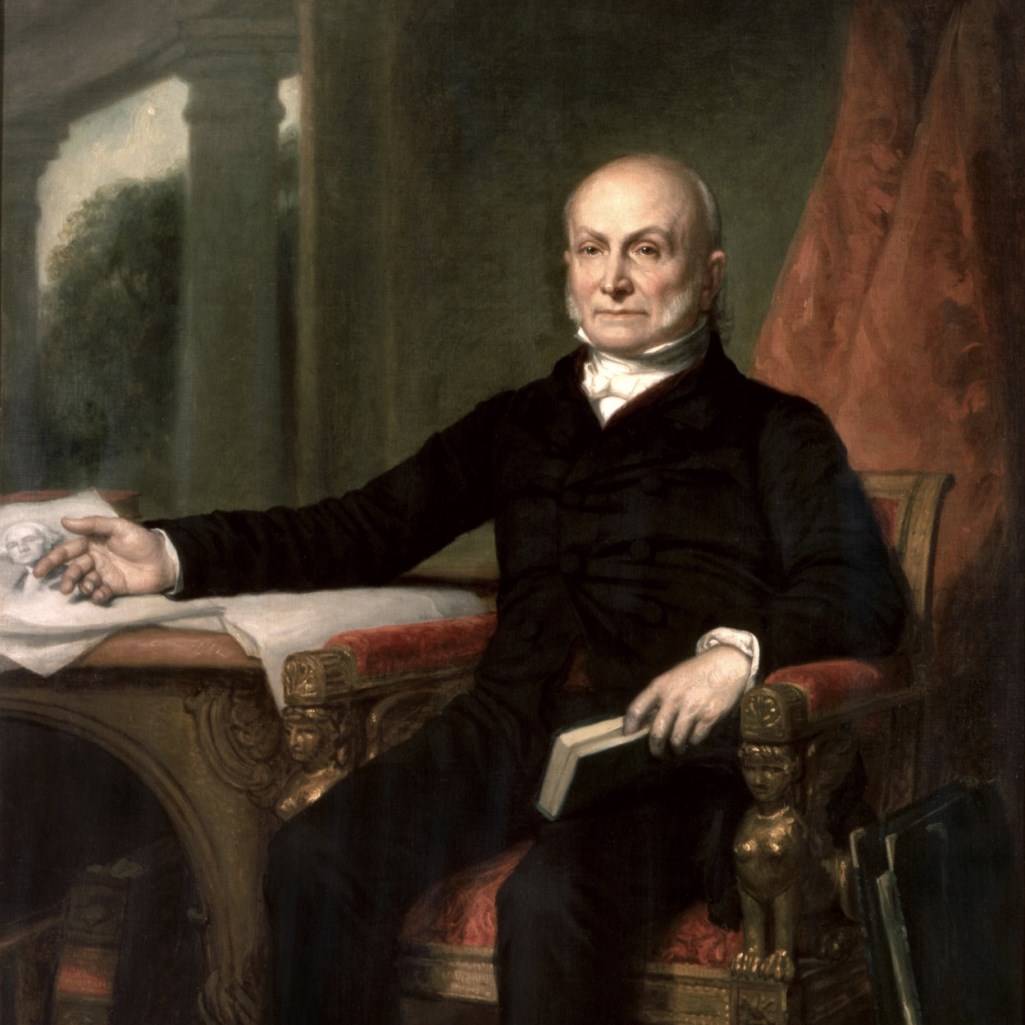
John Quincy Adams was an American politician and statesman, the sixth President of the United States (March 4, 1825 - March 4, 1829).
John Quincy Adams was the son of John Adams, the second President of the United States, and, of course, public service was his destiny. As a child, in 1778 he traveled to France with his father, who was then U.S. Commissioner to France. At the age of 14, Adams became personal secretary to Francis Dana, the U.S. Minister to Russia, serving as his father's secretary as well during the negotiation of the Treaty of Paris (1783). In 1787, the twenty-year-old Adams graduated from Harvard University and, after studying law, began practicing in Boston.
In addition to numerous diplomatic appointments, Quincy Adams served as a U.S. Senator from Massachusetts from 1803 to 1808. President James Madison appointed Adams U.S. minister to Russia in 1809, and Adams served until 1814. And under President James Monroe, he served as Secretary of State from 1817 to 1825 and is considered one of the best Secretaries of State in U.S. history.
John Quincy Adams won the 1824 presidential election in a four-way race against Henry Clay, William Crawford, and Andrew Jackson. As president, Adams supported a program to modernize the U.S. economy. But his popularity declined because of his approach to Native Americans, whom he supported against the demands of settlers from the west.
After losing the 1828 presidential election to Andrew Jackson, John Quincy Adams was elected to the House of Representatives, where he served as a representative from Massachusetts for the next 17 years. In the House of Representatives, Adams became one of the most vocal opponents of slavery. He consistently defended abolitionist views and policies, denouncing slavery as an immoral institution and attacking the interests of Southern slaveholders. During the U.S.-Mexican War of 1848, Adams was a leading opponent of the annexation of Texas, farsightedly predicting that it would lead to civil war.
After suffering two strokes, Adams died on February 23, 1848, at the age of 80. Had fate not predestined him to pursue politics, John Quincy Adams would have become a famous poet. He spent his life composing poems in various genres. After his death, many of his poems were collected and published in Poems on Religion and Society (1848).




Wilhelm Sasnal is a Polish painter, photographer, poster artist, illustrator and filmmaker.
Sasnal graduated from the Academy of Fine Arts in Krakow, specializing in painting. Besides painting, he creates drawings in pencil and ink. The artist takes his subjects from everyday life, using images from media, propaganda and pop culture. Sasnal often paints from photographs and moves freely from figurative painting to abstraction.
Wilhelm Sasnal is considered one of the most prominent and internationally successful Polish contemporary artists.







